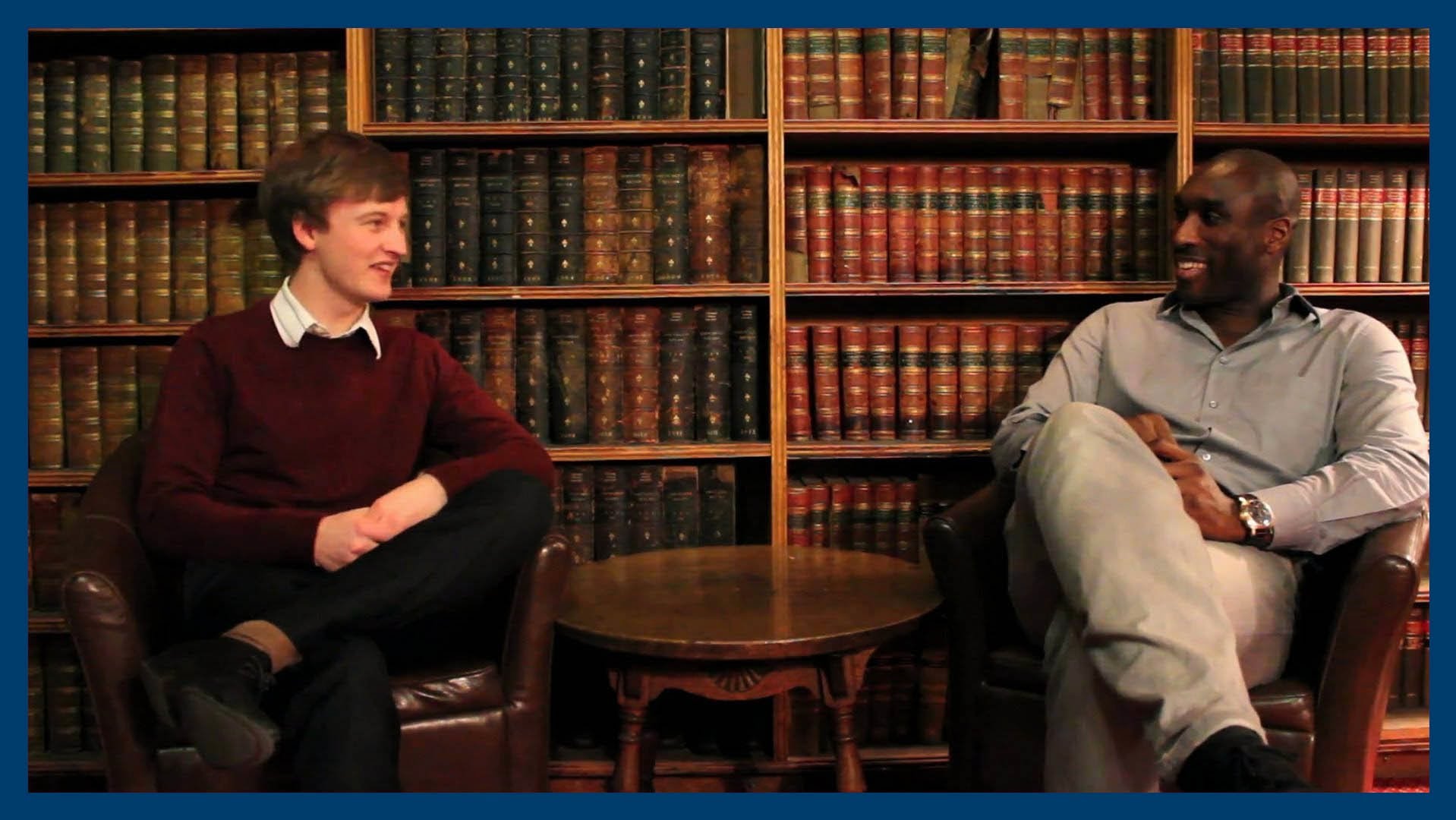 Writing your personal statement / college application is a daunting process and it is something that students often do not even know how to start. We have shared some tips on the matter previously (click here) and for this article, I will share with you how I would personally approach it, including some writing techniques and key items to be aware of. Note that this article acts as a suggestion only and it is up to you to decide what would work best for you. However, by the end of this article, you should have learnt at least a thing or two useful for writing applications.
Writing your personal statement / college application is a daunting process and it is something that students often do not even know how to start. We have shared some tips on the matter previously (click here) and for this article, I will share with you how I would personally approach it, including some writing techniques and key items to be aware of. Note that this article acts as a suggestion only and it is up to you to decide what would work best for you. However, by the end of this article, you should have learnt at least a thing or two useful for writing applications.
Step 1: Degree details
Before you even attempt to write anything, think about –
● Why this subject?
What is so appealing about this subject – is there a personal story or a trigger that made you interested in the subject in the first place?
● What are you hoping to achieve by doing this degree?
Is this subject going to help you perhaps to kick start a career in your dream field? Or is it going to help you get there?
● What are the key qualities needed to succeed in this degree?
Leadership? Communication skills? Logical thinking?…
● Have you done any research / shadowing to show that you are
determined to study this subject?

It might be useful for you to write down your own answers by bullet points. Let’s take a student applying for Medicine as an example:

The ‘Research done’ part is important as it shows that you have put in the effort to better understand what the subject entails and that you are determined to pursue it.
Step 2: Personal experiences
Grab a piece of paper (or your laptop) and make a table of three columns: ‘Academic’, ‘Extracurricular’ and ‘Volunteering/Part-time’. Then start filling it out with all your achievements (competition / awards / certificates) and experiences (participation / roles of responsibility) and so forth.
Again, sticking with the same student example:

The idea here is for you to write down EVERYTHING whether you think it is relevant to the subject or not as it is helpful for you to recognise your strength so you can focus on those in your essay. Don’t worry if you have an empty / much shorter column compared to the others as that is completely normal.
Step 3: Reflect on steps 1 & 2
Now that you have done steps 1 and 2, you can actually compare them and you will have a clearer picture as to which experiences you should include in your essay.
You should consider experiences that are:
● Directly relevant to your subject (e.g. ‘Sick family member’ from Step 1, ‘home carer’ and ‘volunteering at an elderly home’ from Step 2 are directly relevant to application for Medicine)
● Indirectly relevant: they teach you transferable skills essential for your subject (‘group science project’ from Step 2 demonstrates ‘Teamwork’ from Step 1)
You might also have particular experiences that are just worth-mentioning: maybe it is an impressive achievement or it shows a key quality that is generally desirable i.e. leadership.
We will discuss the remaining steps in Key to a Well Structured Personal Statement (Part 2).
______________________________________________________________
To find out more about Ampla Education’s university application services, contact us at info@ampla-edu.com
________________________________________________________________________
Educated at Badminton School, Kitty obtained a First Class Honours degree in Biomedical Engineering, followed by a MSc degree specialising in Medical Physics, both from Imperial College. Kitty has experience teaching students subjects such as Maths, Sciences, as well as educating young children Programming. As the former Departmental Representative of her degree, she also understands university admissions and is well placed to assist with school and university applications.
______________________________________________________________
________________________________________________________________________
© Ampla Education – Unauthorised use of this material without permission is strictly prohibited. Excerpts and links may be used, provided that full credit is given to Ampla Education.




















